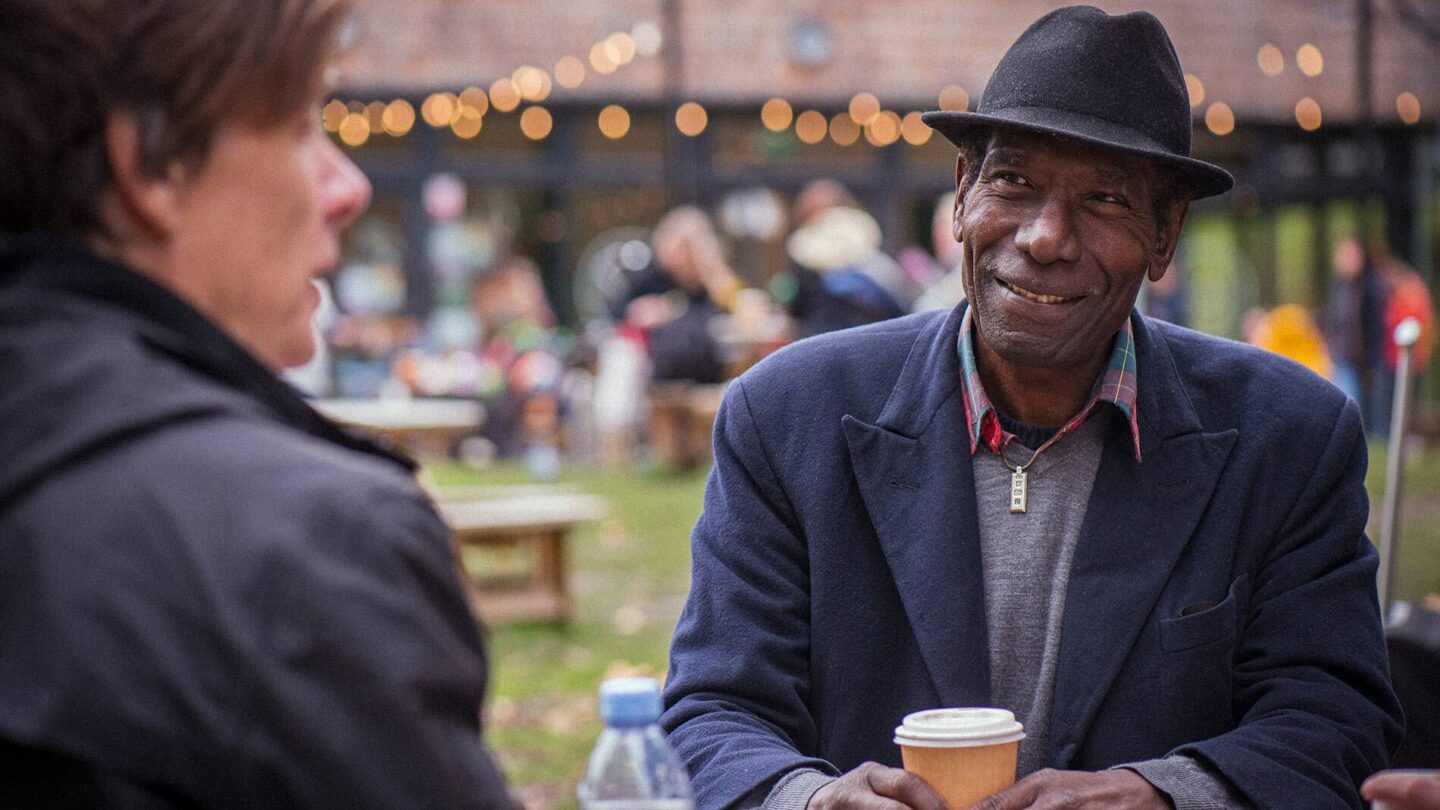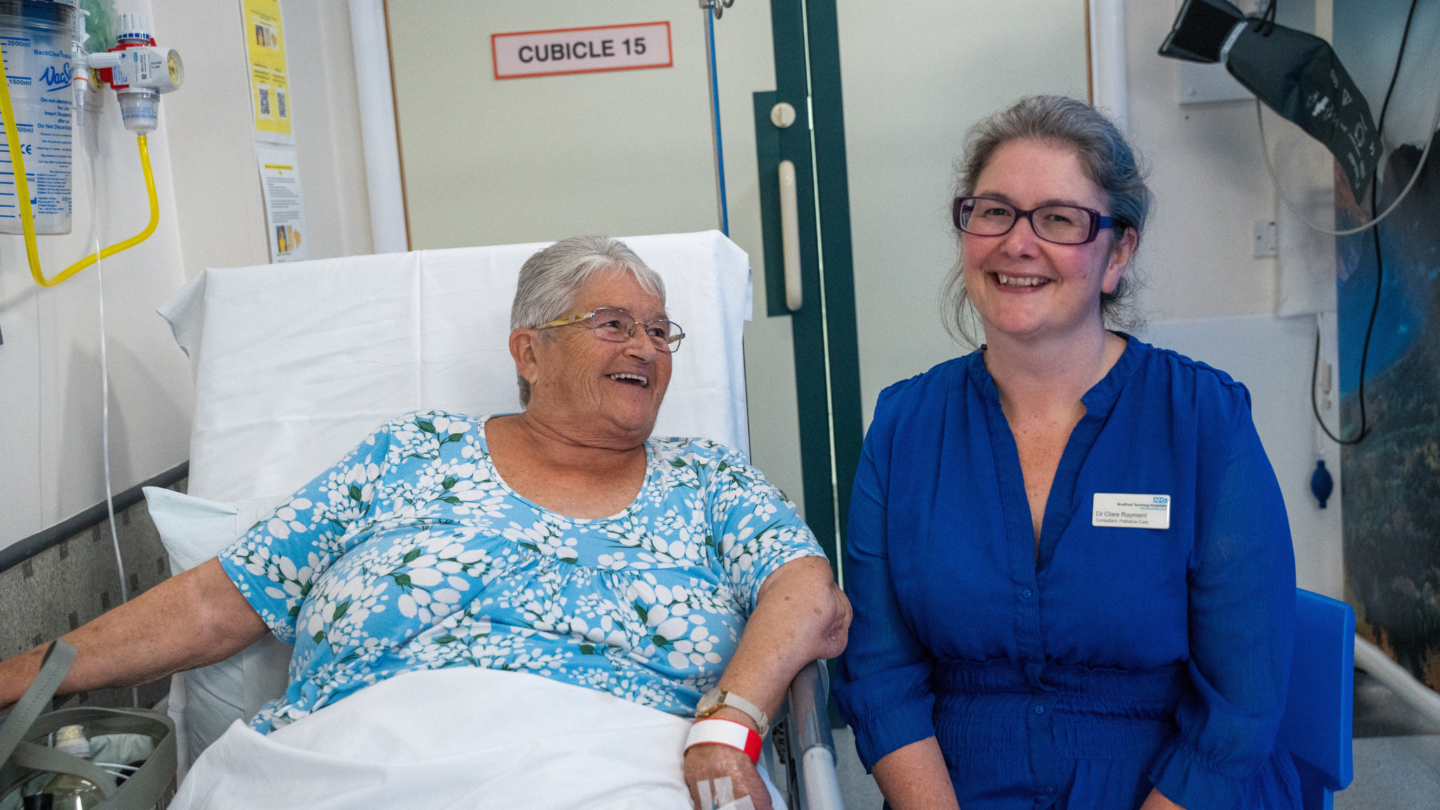
Equality matters: Scaling effective kangaroo mother care in Cameroon

Seven years ago this month I gave birth to my first child at the John Radcliffe hospital in Oxford. Our son, born early at 35 weeks old and weighing only 2kg, was lucky to receive world class care in a country where the availability of medical supplies and reliable electricity are, for the most part, taken for granted.
From the day he was born my husband and I carried him in a soft sling whenever we could — leveraging the incredible power of skin-to-skin contact to help him regulate his temperature, breathing and heart rate, and to support the establishment of effective breastfeeding.
Fast forward three years and, back at Social Finance, I had the privilege of working with Dr Nathalie Charpak — a pioneering clinician who has evidenced the impressive morbidity and mortality benefits of skin-to-skin contact for premature and low birthweight babies — to co-design a new programme to roll-out kangaroo mother care in public hospitals across Cameroon with the MaRS Centre for Impact Investing.
The programme, which launched last year, is an outcomes-based partnership between the Government of Cameroon, World Bank Global Finance Facility, Grand Challenges Canada and Nutrition International. I am pleased to be part of a small team at Social Finance which is continuing to provide day-to-day support to the inspiring staff at the implementing partner, Fondation Kangourou Cameroun, to maximise the impact of their work.
In supporting field staff to use real-time data to inform and adapt delivery over the last few months, the importance of gender equality to achieving programme objectives has become clear:
1) Without support from their partners and other family members — to bring them meals and hold the baby whilst they eat, shower and sleep — mothers struggle to provide the near continuous 20 hours a day of skin-to-skin care for their babies;
2) Mothers’ responsibilities at home — undertaking economic activities, caring for older children and other family members — can prompt earlier hospital discharge for them and their babies than is medically advised; and
3) Younger mothers, those with lower education levels and lower income professions are less likely to bring their babies back to the hospital for vital follow-up checks at 40 weeks gestational age.
As my son prepares to turn into a robust and healthy seven-year-old next week, it is sometimes hard to remember what a tiny scrap of a thing he was when he first arrived. What I do remember, however, is the extent to which I relied on my husband to support both him and me in those critical early weeks and months after his birth.
Clinical staff work hard to engage fathers and other family members in both providing and supporting kangaroo mother care in Cameroon. Equality will be the key to our success!


